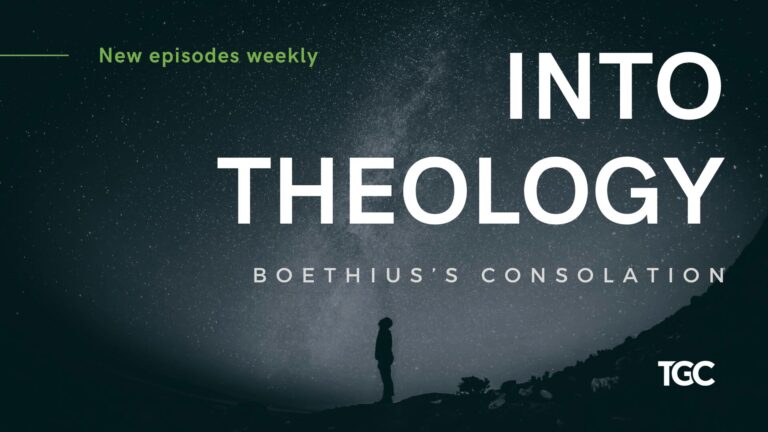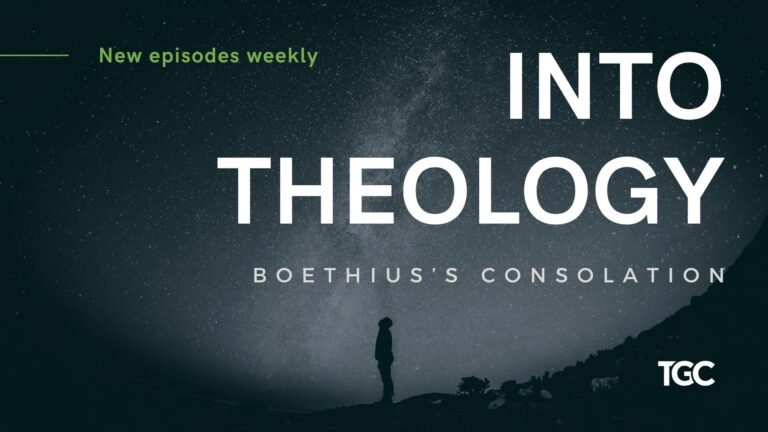Social media has the potential for good and for evil. What works against the potential for good is its design. The coders behind most social media platforms intend to addict users to their application. And becoming addicted to social media only leads to bad results. And besides, human nature has exploited social media and so poisoned certain segments of it.
To avoid the addictive and poisonous aspects of social media and to embrace what it is good in it, consider the following three guidelines.
Don’t let social media reign over you
Since Christ reigns, nothing else may take his place. Any created thing that lords itself over us, we must resist. Do not let social media reign over your mortal bodies.
Here are some examples of how to do so. First, turn off all notifications on your phone and computer. On your phone, change your setting on your social media apps so that they stop sending notifications. On your computer, do the same. Web browsers like Chrome allow users to deselect what apps notify them. And whenever a popup says, “do you want notifications?”, click “no.”
Why? Because notifications make us tools of the phone—we obey them. But phones and computers should be our tools. We use them and should choose to use them for virtuous ends. If we let the tyrant of notifications reign over us, we have two kings over our time—not one.
By the way, consider blocking Youtube through a third-party extension that can block websites; and delete the app from your Phone (at least temporarily). Youtube like social media sites will steal time and attention.
Don’t let others cloud your vision
Jesus said, “The eye is the lamp of the body. So, if your eye is healthy, your whole body will be full of light, but if your eye is bad, your whole body will be full of darkness. If then the light in you is darkness, how great is the darkness!” (Matt 6:22–23). What does Jesus mean here? What is a healthy eye?
The statement becomes enigmatic until we consider that Jesus draws heavily on the psalms within the sermon on the Mount. And the psalms communicate a particular theology of light and good eyes. Consider the following verses:
- Psalm 6:7: My eye wastes away because of grief; it grows weak because of all my foes.
- Psalm 13:3: Consider and answer me, O Lord my God; light up my eyes, lest I sleep the sleep of death.
- Psalm 15:2–4: He who walks blamelessly and does what is right and speaks truth in his heart; who does not slander with his tongue and does no evil to his neighbor, nor takes up a reproach against his friend; in whose eyes a vile person is despised, but who honors those who fear the Lord.
- Psalm 19:8 the precepts of the Lord are right, rejoicing the heart; the commandment of the Lord is pure, enlightening the eyes.
God enlightens our eyes through obedience and grace. Being good and being influenced by God means having a clear eye that can reflect the light of God. The converse is also true. Being bad and influenced by bad influences means having a clouded eye that cannot reflect the goodness of God.
Will we stand in the seat of scoffers? Or will we meditate on the Torah day and night? Social media often produces trolls and nastiness. Do not reply. Do not interact. Ignore. Is it worth clouding your vision?
I recommend avoiding 90% of interactions online because much of it is trollish or pugnacious. The medium itself encourages it through its speed and conciseness. It wants us to be quick to type and slow to think.
Choose the 10% where you can either influence someone for good, other readers for good, or clarify something that you have said. But do not let someone cloud your vision. Let your light shine.
Don’t follow vicious people
Do not follow vicious people online who draw your heart to darkness and anger. To be vicious in the old sense of vice means to dampen all good. It means to always criticize, always complain, always fearfully attack. But social media provides the freedom to interact with who we want.
If a platform and the people on it seem overwhelming, quit social media. It is not worth it. Most relationships should start and grow face-to-face. Online interactions may deepen previously existing friendships or perhaps help us make new acquaintances. But do not confuse the two. You are under no obligation to follow or otherwise interact with anyone online.
I recommend following friends whom you know, those whom you respect, and those whom you want to know, and those who often give insightful information. I tent to follow pastors, theologians, or experts in certain fields. So my social media feed is geared for learning. Sometimes I follow people I disagree with so that I can see what the other side thinks or because it is fun.
However you decide to control social media, consider choosing a specific goal for its use. Learning? Friendship? Writing? If you choose a good end, it will make it much easier to navigate social media use and to avoid deleterious uses of the platform.
Rarely, if ever, should we follow someone who makes us angry, upset, or draws us into an argument. It is not worth it. Still, we sometimes will see a juicy comment that we want to respond to. Do not. It is not ever worth it.
Follow people who make you virtuous, not vicious. Love, not hate, characterizes the Christian life. Anyone who spills hate over the keyboard and attacks others constantly lacks virtue.
Like the two trees of Eden, so social media can open our eyes to the knowledge of evil or be a source of life. Life by nature is good since God is Life Everlasting. So choosing life over evil wins every day.












